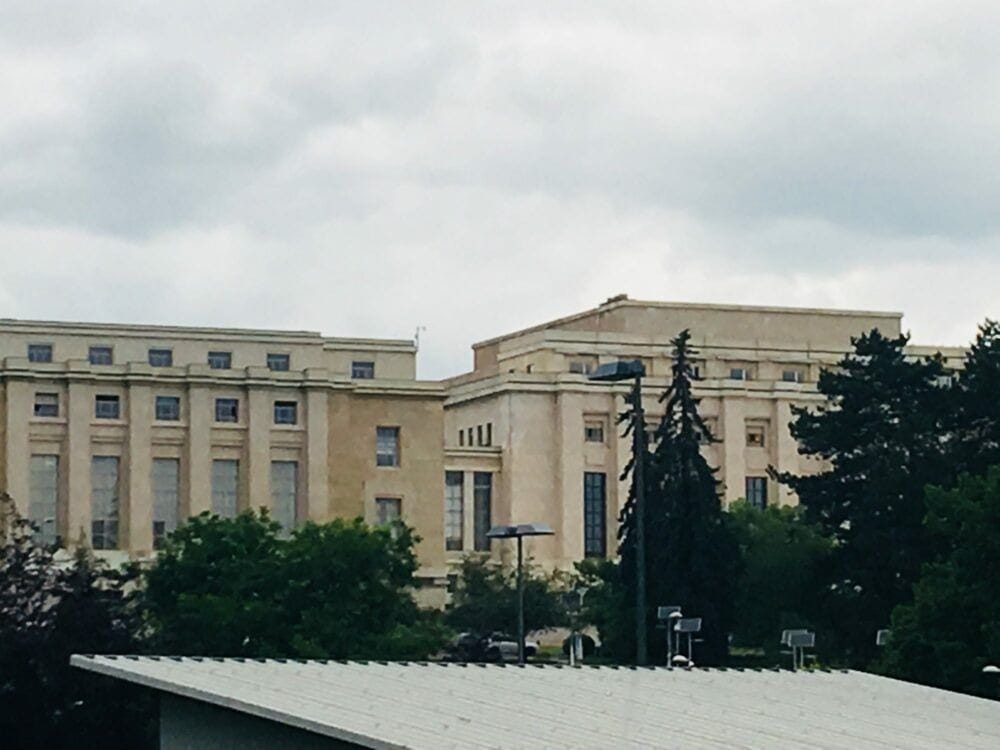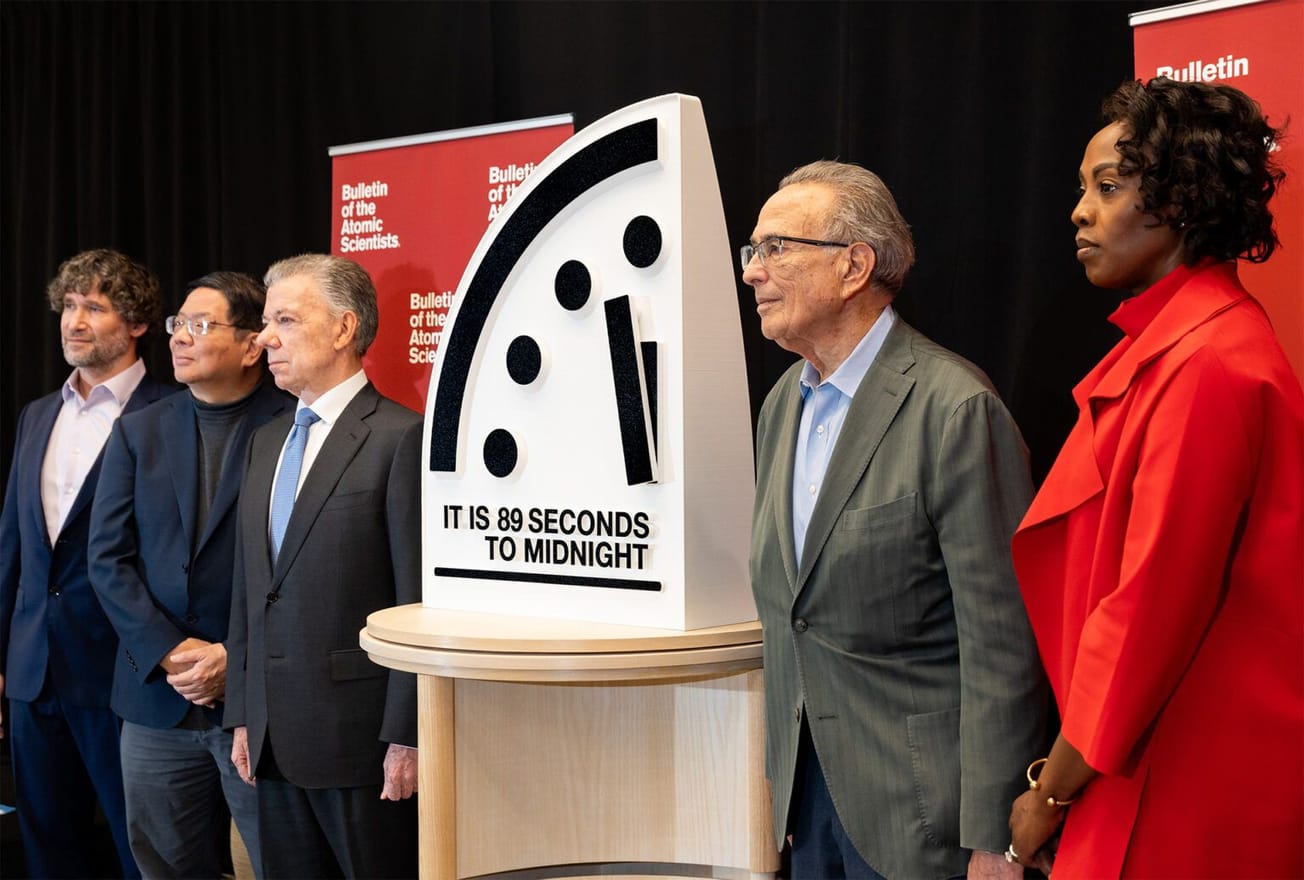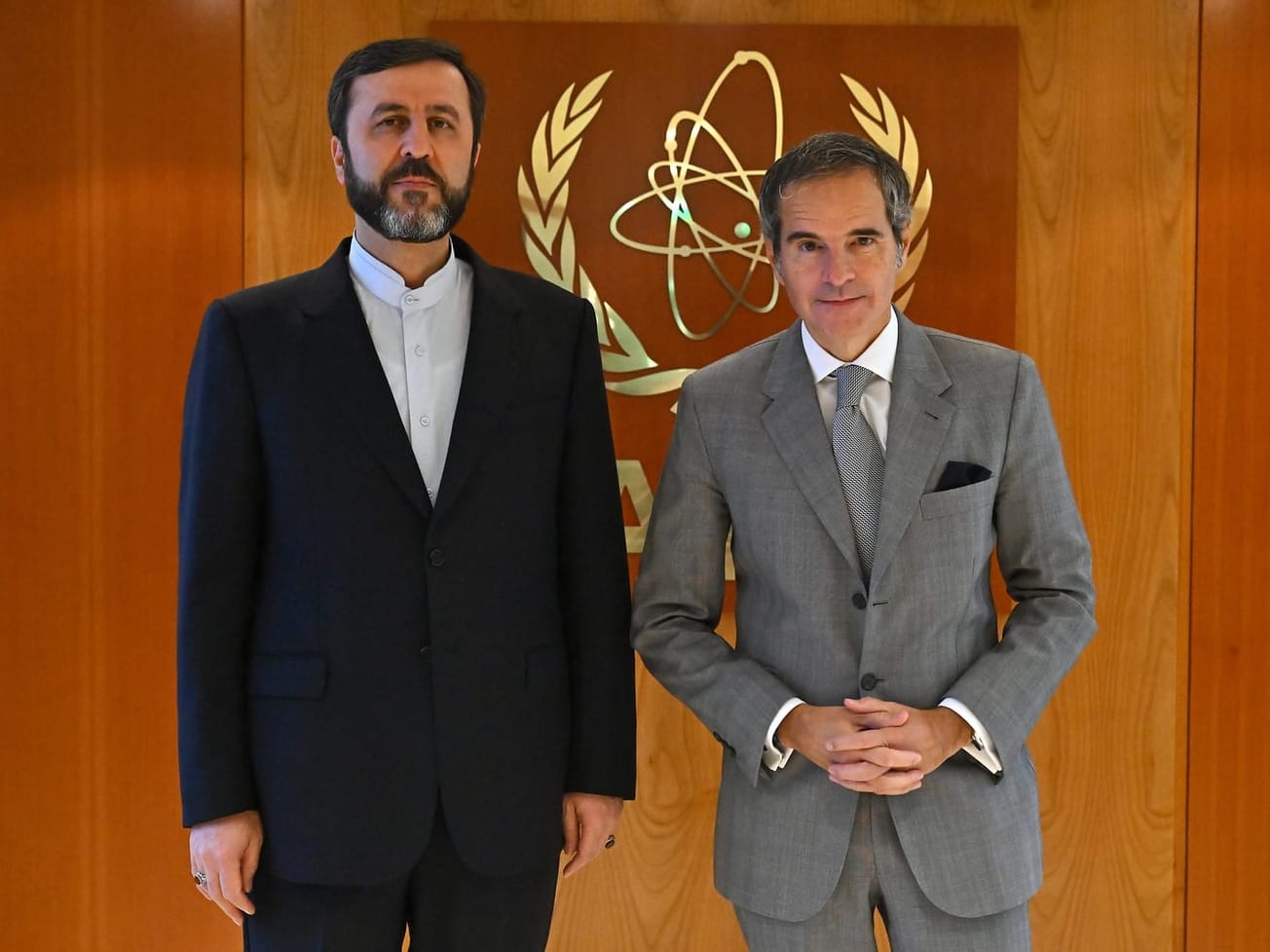GENEVA (AN) — Chemical weapons have killed hundreds of people in Syria's seven-year civil war, yet the country is taking on a new role of presiding over the U.N. Conference on Disarmament that negotiated the 21-year-old Chemical Weapons Convention.
At the Palais des Nations in Geneva, Syria took the helm of the conference's month-long rotating presidency this week. U.S. diplomats registered a strong note of protest and outrage, saying Syrian President Bashar Assad's government has no credibility or moral authority.









